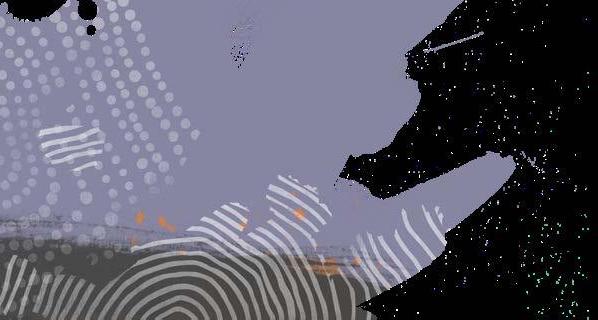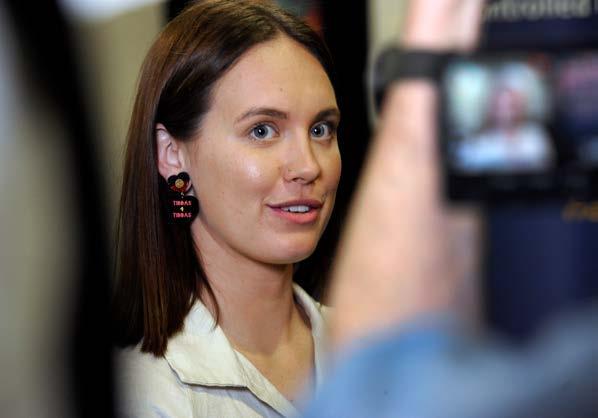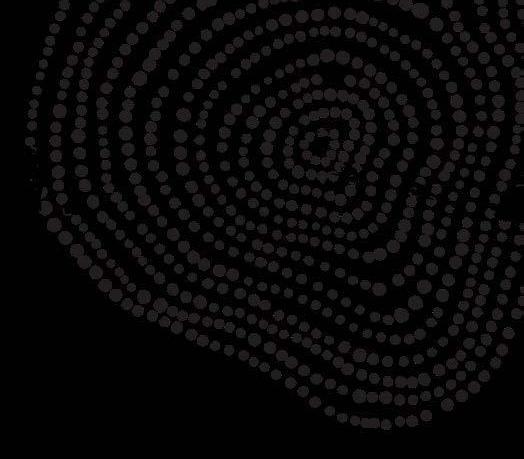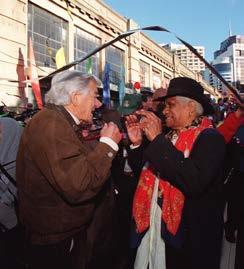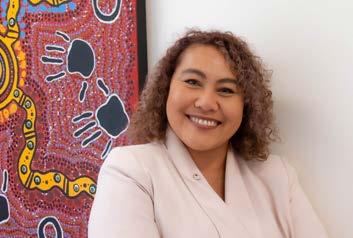Issue no. 43 / May 2020
15
IN MY BLOOD IT RUNS Dujuan Hoosan in school (Photo by Maya Newell)
‘I was born a little Aboriginal kid. That means I had a memory, a memory about Aboriginals. I just felt something... History, in my blood it runs.’ – Dujuan The recently released documentary film, In My Blood It Runs follows the story of 10-year-old Arrernte/Garrwa boy, Dujuan Hoosan, as he shares his wisdom of history and the complex world around him. Dujuan grapples with the longstanding and continuing inequities of the Australian education system, all the while finding the space to dream for his future self. Reconciliation Australia is a proud education partner for the film. Unfortunately Covid-19 restrictions mean the film’s public cinema screenings have been suspended, however, it will be free for teachers to screen in online classrooms till 3 June during National Reconciliation Week. In My Blood It Runs teaches us about the current state of reconciliation in education. Indeed, Reconciliation Australia’s five dimensions of reconciliation – race relations; historical acceptance; equality and equity; institutional integrity; and unity – are all evident in this eloquent film. In keeping with historical acceptance, the film shows that the truths of our nation’s history since colonisation have either been missing from school curricula, or have been taught in ways that marginalise Aboriginal and Torres Strait Islander voices and perspectives.
Dujuan’s story demonstrates the importance of teachers who – alongside members of the wider Australian community – challenge long-held assumptions and commit to an ongoing practice of ‘unlearning’ and ‘relearning’ the historical truths of our nation’s shared story. In My Blood It Runs highlights the intricacies of the ‘teacher-as-learner’ and ‘learner-as-teacher’ interplay and, in alignment with the equality and equity dimension, illustrates the importance of upholding the unique rights of children, and of Aboriginal and Torres Strait Islander peoples – young and old. Since the film’s making, Dujuan has addressed the Human Rights Council at the United Nations in Geneva, one of the youngest to do so. ‘Many people don’t see my strength, my culture and me learning from my Elders and my Land. This is who I am and they don’t see this at school,’ he told the Council. Dujuan’s story shows how actively listening to the voices of children, building relationships with community and building connections with Country/place is crucial to informing and improving twoway learning opportunities. Collective learning should coincide with collective action. Actively recognising that reconciliation is everybody’s business, and for everybody’s benefit, is critical to driving institutional integrity in the education context.
In My Blood It Runs highlights the sometimes problematic interrelationships across the education, welfare and justice systems. It advocates for systems-level change in Australian education, recognising that challenges faced by teachers in building culturally competent classrooms are often reflective of broader institutional issues across the education sector, and perpetuated across generations. ‘What I want is a normal life of just being me. And what I mean by ‘me’ is I want to be an Aborigine.’ – Dujuan The film arose organically from the decade-long relationships that Director, Maya Newell, has shared with Arrernte Elders, families, and community organisations such as Children’s Ground and Akeyulerre Healing Centre. The tender way it represents the complex struggles of Dujuan and his families’ lives is thanks to the close collaboration between the core partners – the filmmaking team, the Arrernte and Garrwa families in the film and the film’s board of advisors. This ongoing collaborative process shows how positive race relations can practically support a shared sense of unity, while still ensuring that each partner understands their role and retains control over how their stories are portrayed. Find out more: inmyblooditruns.com



